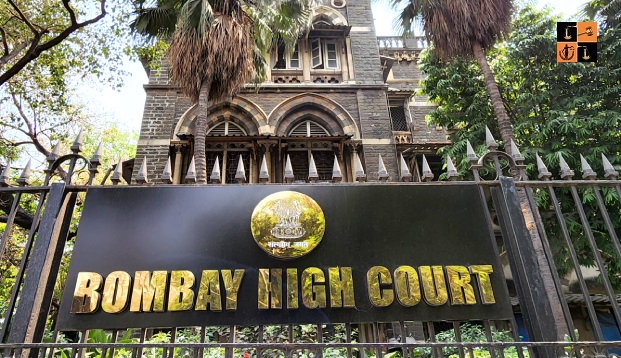The Bombay High Court has ruled that the Maharashtra Village Panchayats Act permits the disqualification of a panchayat member if they have more than two biological children. Notably, the presence of stepchildren, the court emphasized, should not influence this disqualification criterion. Clarifying its stance, the court highlighted that the primary intention behind this section is to disqualify panchayat members who are accountable for the birth of more than two children. Consequently, the court underscored that a woman cannot face disqualification solely due to her husband having two children from a prior marriage.
Brief Facts:
The case revolves around a challenge to the disqualification of a panchayat member, Khairunisa Chand, under Section 14(1)(j-1) of the Maharashtra Village Panchayats Act, which disqualifies any individual with more than two children from being a panchayat member, unless those children were born before a specific cut-off date. Chand was disqualified on the grounds that she had more than three children after the specified cut-off date.
Chand argued that her disqualification was unjust as her husband, Sheikh Chand, had two sons from a previous marriage, and they had only one child together. She contended that her disqualification should not apply since her husband's previous children were not biological children of her wedlock.
Contention of the Parties:
Petitioner (Khairunisa Chand):
Khairunisa Chand, the petitioner, challenged her disqualification, claiming that her situation should not be governed by the disqualification criteria as her husband had children from a previous marriage. She relied on a previous case, Girika Badamrao Pandit v. State of Maharashtra, wherein it was argued that the term 'children' should be understood in a limited sense, referring only to biological children from the present marriage.
Respondents (State Authorities):
The respondents, represented by the State Authorities, argued that the disqualification provision was intended to control population growth and ensure public health and morality. They contended that the term 'person' in Section 14(1)(j-1) should be interpreted broadly, encompassing all children for whose birth the member is responsible, regardless of marital history. They referred to the decision in Ashok Balasaheb Chaugule v. State of Maharashtra to support the inclusion of children from previous marriages in the disqualification criteria.
Intervention (Amicus Curiae - Friend of the Court):
The Amicus Curiae argued that the purpose behind the disqualification provision was to promote population control and public health. They contended that the term 'children' in the context of disqualification should include all children for whom the member bears responsibility, irrespective of marital history or biological relation.
Observations by the Court:
The court's ruling, delivered by a division bench of Justices AS Chandurkar and Vrushali Joshi established that the disqualification hinges on the biological offspring a member is responsible for bringing into the world, regardless of the wedlock. In the context of a male panchayat member, the term 'two children' applies to all children for whose birth he is accountable, irrespective of whether they were born from his past or current marriage.
Moreover, the ruling clarified that the same principle applies to female members. For female members, the term 'two children' encompasses all children she has given birth to, regardless of whether they were born from her previous or current marriage. The Court emphasized that the objective of the provision is not to hinder remarriage for those with children from previous marriages.
The Court's decision resolved a specific case where a panchayat member, Khairunisa Chand, was disqualified due to having more than three children after the specified cut-off date. Chand contended that her husband had two sons from a previous marriage, and they had only one child together. However, the Court's ruling, taking into consideration previous legal precedents and legislative intent, made it clear that the disqualification criterion was tied to the number of biological children, irrespective of marital history.
The decision of the Court:
Accordingly, the petition was disposed of and the court directed the matter to be placed before the single judge to be decided on merits.
Case Name: Khairunisa Sheikh Chand V. Chandrashekhar Daulatrao Chincholkar & Others
Coram: Justices AS Chandurkar and Vrushali Joshi
Case No.: Writ Petition No. 2482/2023
Advocates of the Petitioners: Shri Sukrut Sohoni
Advocates of the Respondent: Shri Ram Karode, counsel for Respondent no.1. Ms Sangita Jachak, Assistant Government Pleader for the respondent nos.3 and 4.
Read Judgment @LatestLaws.com
Picture Source :


























